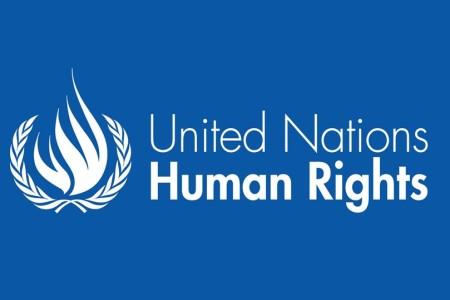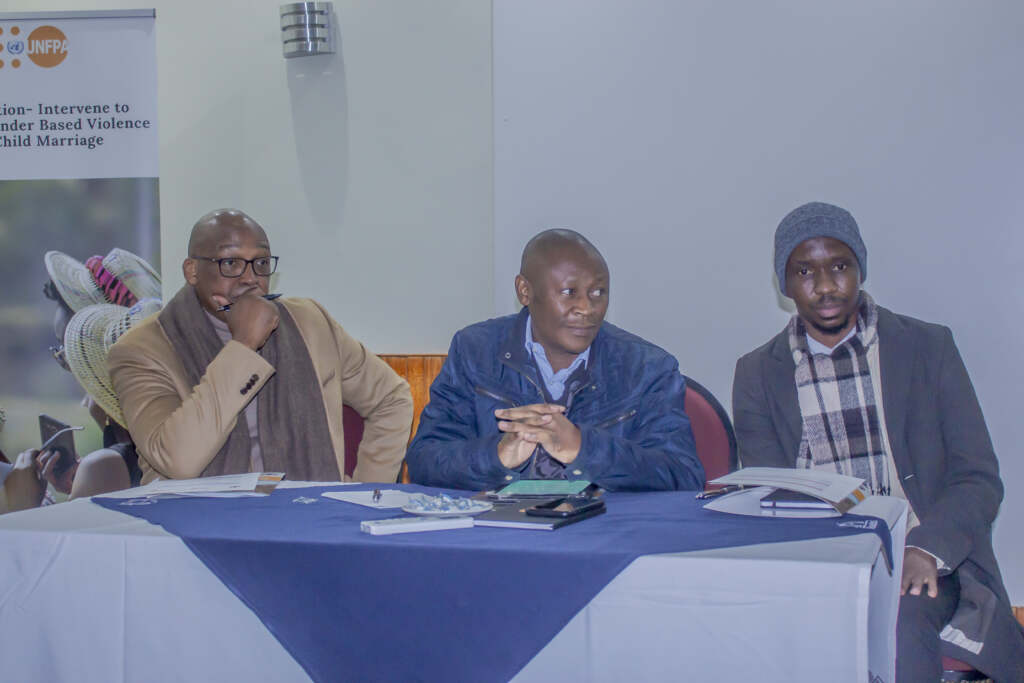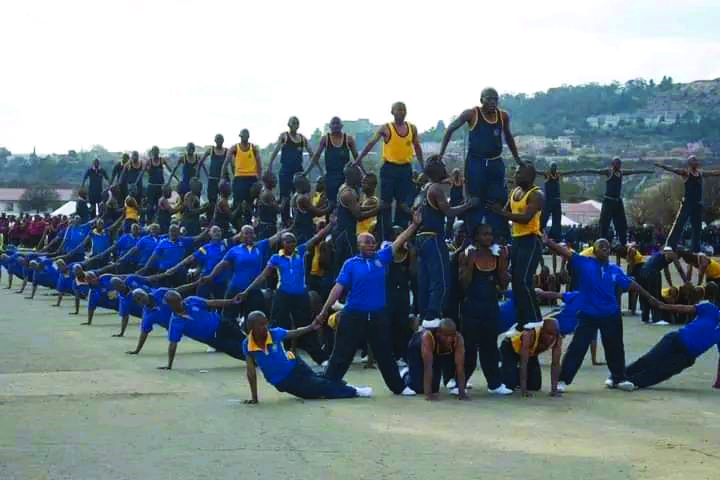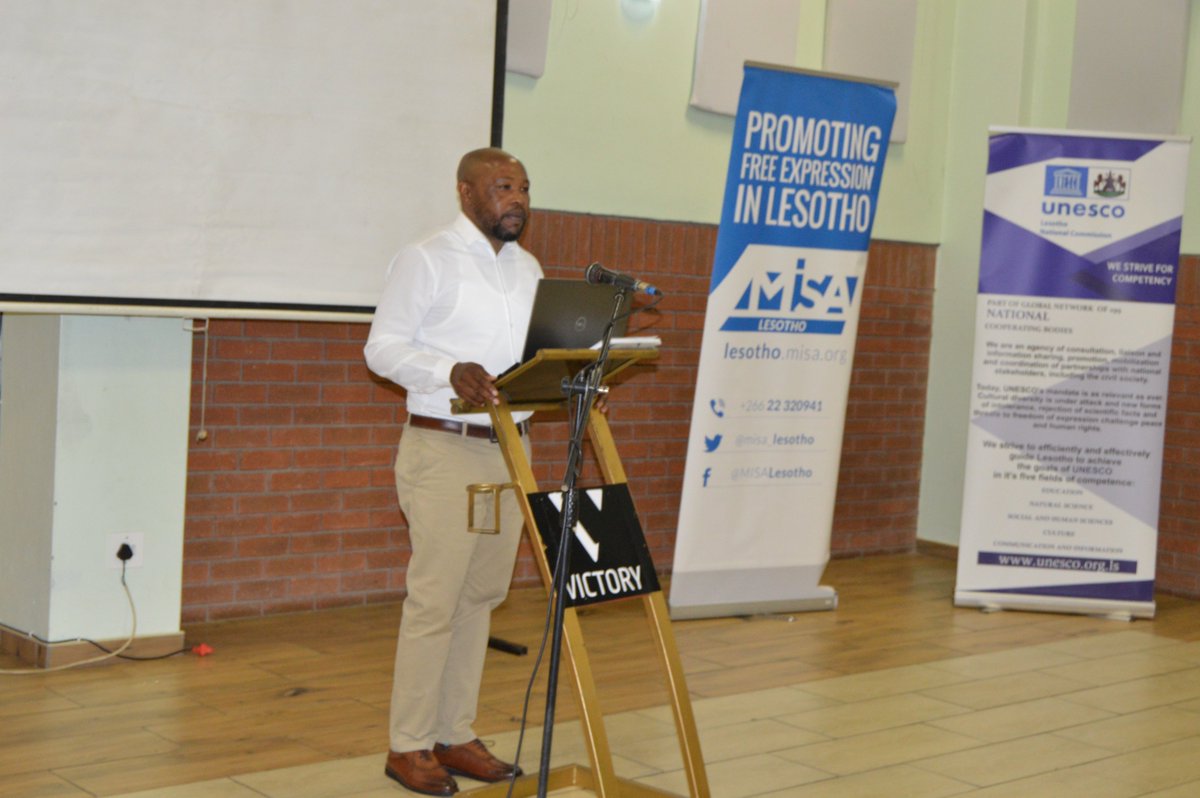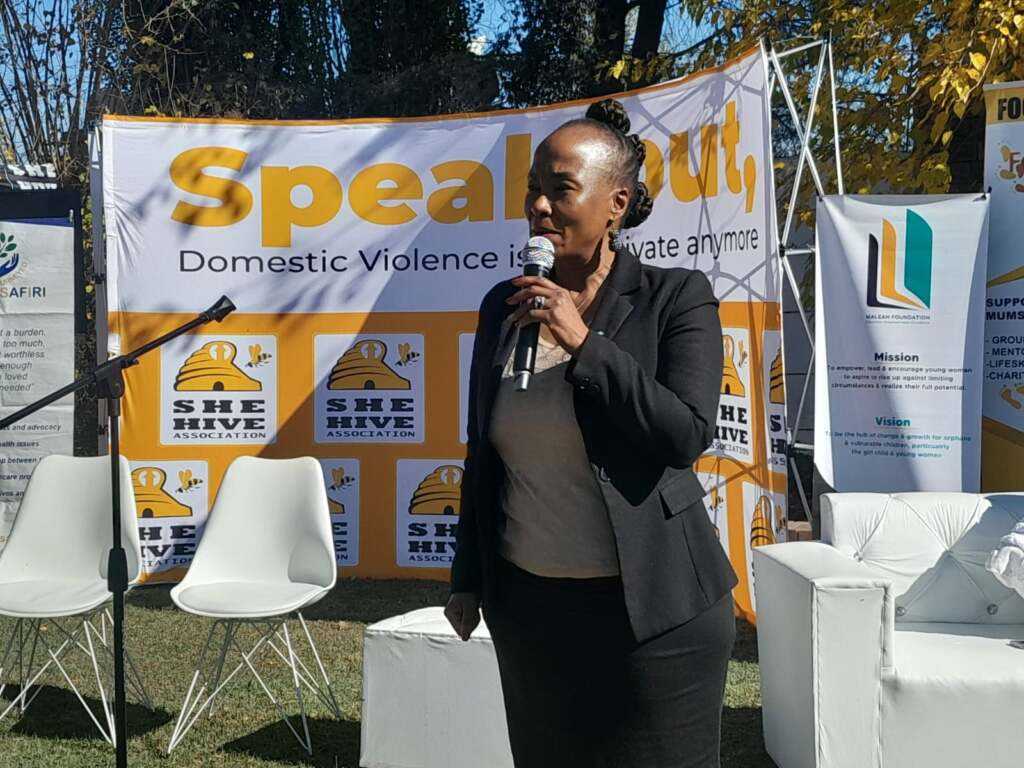Mohloai Mpesi
Incompetence, shortage of staff and lack of political will undermine Lesotho’s reporting ability on human rights progress, this emerged at the high-level meeting in Maseru this week.
The meeting’s deliberations revealed that Lesotho has failed to comply with its obligation to submit treaty-specific reports periodically to the human rights treaty bodies with the last report received being in 2020.
The meeting was organised by the United Nations Office of High Commissioner for Human Rights.
The director of Human Rights at the Ministry of Law and Justice, Polo Moloi, told the meeting that the lack of specialised personnel dedicated to state party reporting contributed to Lesotho’s inability to submit reports.
Besides the dearth of political will to report, Moloi stressed that there was a challenge of capacity and knowledge within relevant ministries.
“Each time we call meetings we get different faces of officers participating. Those who were trained previously are said to have been transferred and no longer work for the institution, a hindrance in the progress,†she said.
The meeting brought Principal Secretaries (PSs) of different ministries to sensitise them about their role in helping the country comply with its international human rights obligations.
It was stressed during the meeting that PSs have roles to play in ensuring that periodic reports are prepared and submitted and that recommendations are implemented.
Moloi also blamed other ministries which she said had left the responsibility of reporting to the ministry of law and justice.
“We often get information that even if somebody was nominated to assist with state party reporting they would decline stating that their boss said that is not a priority,†she said.
“Further ministries are reluctant to even initiate the drafting of the report that is specific to their mandates. The Human Rights Unit is understaffed so it is not able to draft and compile reports.
“Whenever we received human rights recommendations, we have been using an ad hoc model to report or implement recommendations. We used to set up the working committee to draft and compile the report, but once the report was sent to the UN the committee would be disbanded,†she added.
She said there was a realisation that the ad hoc model was no longer viable and contributed to a backlog of state party reports.
The government has taken steps to establish National Mechanism on Reporting and Follow up (NMRF), according to Moloi.
“The process of establishing NMRF included quite several meetings with the Office of the High Commissioner,†she said.
One of the reports that are overdue is the report on economic and social rights which was supposed to be submitted in 1994.
The report on the elimination of racial discrimination and the report on the convention on the rights of persons with disabilities were supposed to be submitted in 2002 and 2011, respectively but they have not been submitted.
The human rights officer at the United Nations (UN), Jean Fokwa said: “In most of the treaties Lesotho is behind in terms of its reporting obligation.â€
Fokwa said the little progress that was made with regard to the submission of the human rights reports was the submission of the report on the covenant of civil and political rights on March 31, 2020.
“A lot of work has been done but there is a lot of work that still needs to be done and that is why Lesotho has to put effective systems in place that will be able to support the government to fulfil its reporting obligations,†he said.
Along with Seychelles in the Southern Africa region, Lesotho made strides in ratifying all nine core human rights treaties.
These treaties include the International Covenant on Civil and Political Rights (CCPR), the Convention on the Elimination of all forms of Discrimination Against Women (CEDAW) and Convention for the protection of all Persons from Enforced Disappearance (CED).
They also include the Convention on the Rights of Persons with Disability (CRPD), the Convention on the Rights of the Child (CRC) and the International Covenant on Economic, Social and Cultural Rights (ICESCR), among others.
Fokwa mentioned that for Lesotho to be among the few countries in Africa that have ratified all core human rights treaties was an indication of the country’s commitment to align its laws, policies, and practices with the international standards.
He said in Southern Africa, all the countries have ratified the Convention on the Elimination of Discrimination against Women, as well as the Convention on the Rights of the Child.
He indicated that Zimbabwe has not ratified the Convention Against Torture.
The United Nations Human Rights Council (UNHRC) is a United Nations (UN) body whose mission is to promote and protect human rights around the world.
The UNHRC has 47 members elected for staggered three-year terms on a regional group basis. The headquarters of UNHRC is in Geneva, Switzerland.
It has two key Mechanisms; Universal Periodic Review (UPR) which is a peer review process whereby the Human Rights record of all 193 member states of the UN is reviewed every four years or four and half years as well as the special procedures.
Lesotho has gone through three cycles of the universal periodic review. Its fourth submission will be due in February 2025 and will be reviewed in April and May 2025.

Your Trusted Source for News and Insights in Lesotho!
At Newsday Media, we are passionate about delivering accurate, timely, and engaging news and multimedia content to our diverse audience. Founded with the vision of revolutionizing the media landscape in Lesotho, we have grown into a leading hybrid media company that blends traditional journalism with innovative digital platforms.



